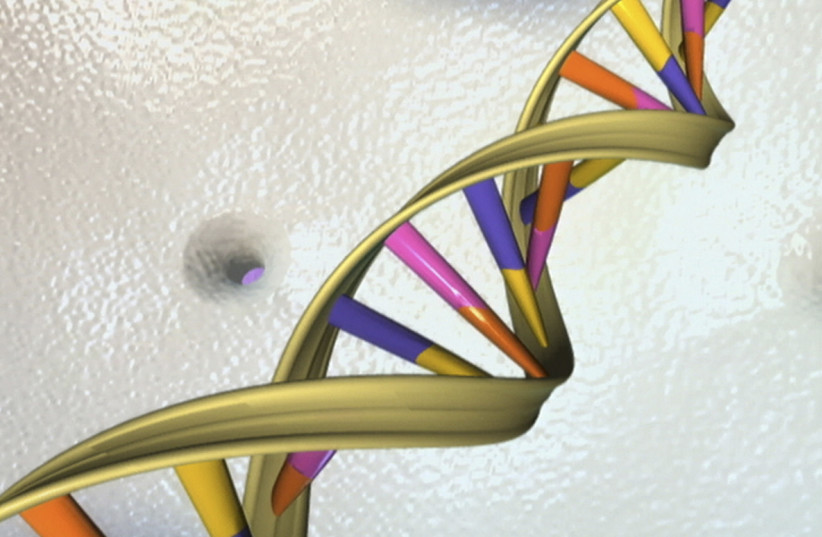A new study has found a genetic link between endometriosis and a higher risk of ovarian cancer. Despite this unfortunate news, for many women finding the link between the diseases may actually increase the chances of finding treatments for them.
What is Endometriosis?
Endometriosis is a chronic gynecological estrogen-dependent inflammatory disease in which the cells of the uterine lining, the tissue that coats the uterus from the inside, grow in areas outside the uterus such as the fallopian tubes, ovaries or other areas of the abdomen and pelvis (literally, "endo" means face and "matrium" means uterus). Sometimes they may grow even in other areas of the body.
The symptoms of endometriosis are varied and include severe pain in the pelvis and uterus during menstruation, pain during intercourse, chronic pelvic pain, fertility problems, fatigue, depression and more, and it’s a disease which is underdiagnosed. In fact, it takes an average of seven years for women with endometriosis to be diagnosed, as quite a few male doctors reject most claims and link them to hormones and moods, when in fact it’s a real and painful disease.
This neglect may not only cause women to suffer from severe pelvic pain and potential infertility, but it may also endanger their lives following new evidence that women with endometriosis also carry a slightly increased risk of epithelial ovarian cancer. However, a new article in Cell Reports Medicine offers hope that this connection can be used to help those suffering from both conditions.
Although endometriosis is rarely dangerous in itself, the article notes that it "shares features with cancer, including metastatic-like behavior, tissue invasion, proliferation, angiogenesis (new blood vessel formation), and decreased apoptosis," i.e. the death of cells which occurs as a normal and controlled part of an organism's growth or development.

The genetic link
The authors studied the genome of 25,000 ovarian cancer patients and 15,000 women with endometriosis. These large samples allowed them to look for common features in both groups. "Our study shows that women who carry certain genetic markers that cause a tendency to develop endometriosis also have a higher risk of certain subtypes of epithelial ovarian cancer," said editor-in-chief Dr. Sally Mortlock of the University of Queensland in a statement.
Instead of a single common gene, the authors found 28 locations within the human genome associated with the two conditions, with a common basis in 19. Identifying those genes suggests a new set of targets for researchers, either through gene therapy or by identifying the proteins the genes encode.
For one in nine women with endometriosis, knowing they are also at increased risk for ovarian cancer may add anxiety. However, Mortlock notes that the additional danger only applies to certain forms of ovarian cancer like clear cell and endometrial cancer, so the additional risk is small.
"Overall, studies have estimated that 1 in 76 women are at risk for developing ovarian cancer during their lifetime and endometriosis raises it slightly to 1 in 55, so the overall risk is still very low," Mortlock said. A very weak correlation was also found with the most common ovarian cancer.
The findings, therefore, may be more important for the research implications than for a person's personal level of danger. Yet, if the message of the cancer link is accepted, this may be one way to get doctors to treat patients seriously when describing endometriosis symptoms, which will indeed be significant.
